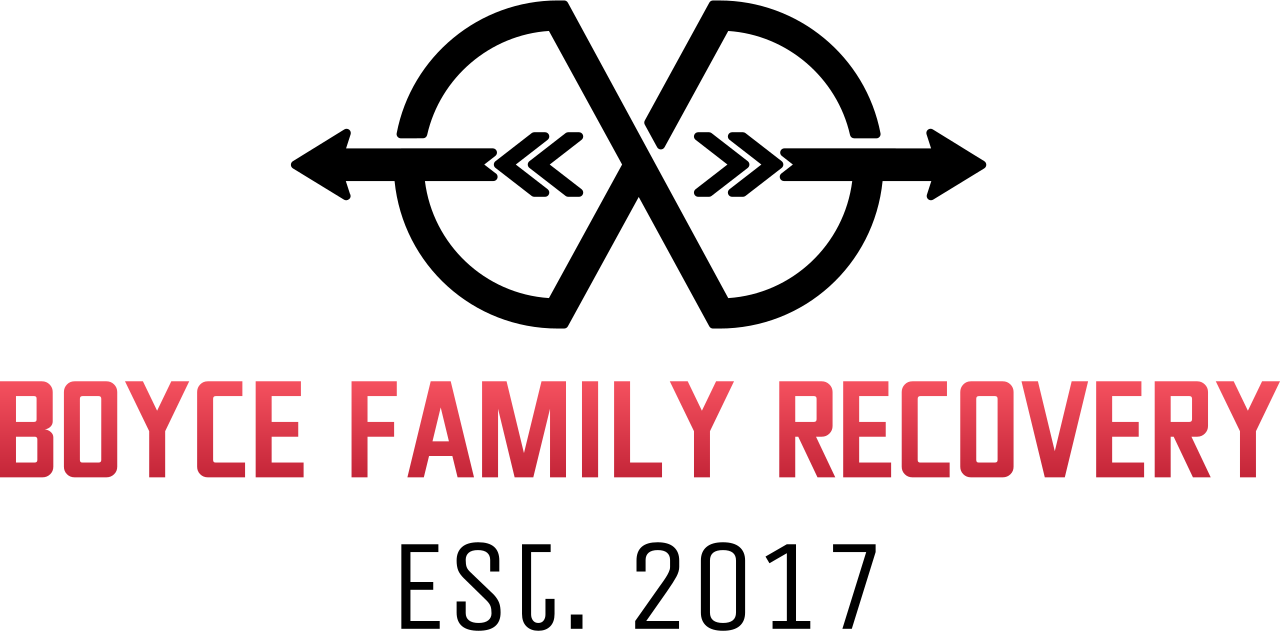4 Things to Consider When Talking to Your Teen About Drugs

If you have not established boundaries regarding drugs and alcohol with your child or children, and you fear that they are abusing these substances behind your back, it’s not too late to turn the situation around.
What is most important to remember is that there is a fine line between wanting to be a parent and wanting to be a friend.
While you may fear that exercising discipline will push your child away, you also do not want to be hurting them by being too friendly and erasing the authority that is key to retaining a parent/child relationship.
Proper drug and alcohol education is a life-long process and an opportunity for parents to establish a mutually respectful relationship with their kiddos. As a result, their kiddos feel comfortable asking questions and receiving honest, non-judgmental answers.
If you feel that your relationship with your child or children does not encompass the values of open communication, honesty, and trust, here are a few simple and effective ways that you can approach your teenager.
1) Invest in Education
Learn about addiction. The more you as a parent understand what addiction means and how it is defined medically, the better prepared you will be to handle these situations with your kiddos.
Many families misunderstand addiction, especially in young adults and adolescent kids. For example, often kids use or drink because their friends are doing it and they may not have a problem with addiction yet.
These situations are delicate and can determine the future of your relationship with your kids.
2) Listen
Listen to your kids.
Let your kiddo know that you understand there are a lot of pressures in life during this time for them, beyond drugs and alcohol, and that you also understand their curiosity regarding substances.
Rather than shun this discussion, embrace their questions, and express your concern for their health. Be willing to listen to their side as well and work together to establish acceptable substance boundaries that you feel comfortable with.
3) Give them Space but Set Boundaries
Allowing your teenager space while being a parent and enforcing boundaries is difficult. It can be hard to navigate.
You cannot accuse them of something or punish them for something that they had not done. By establishing clear boundaries and trust on both sides, you can look forward to providing your teenager with something to hold onto during this difficult life transition.
But this is easier said than done.
4) Get Professional Help
We all know the dangers of addiction.
Often when it comes to drugs and alcohol, professional help is almost always needed. Teenage addiction and alcoholism can be scary and it usually points to a problem they are dealing with personally.
Counseling services and even an adolescent recovery coach can help you find a balance and rhythm to helping your child.
If you need help navigating recovery and mental health, call Boyce Family Recovery Solutions.
